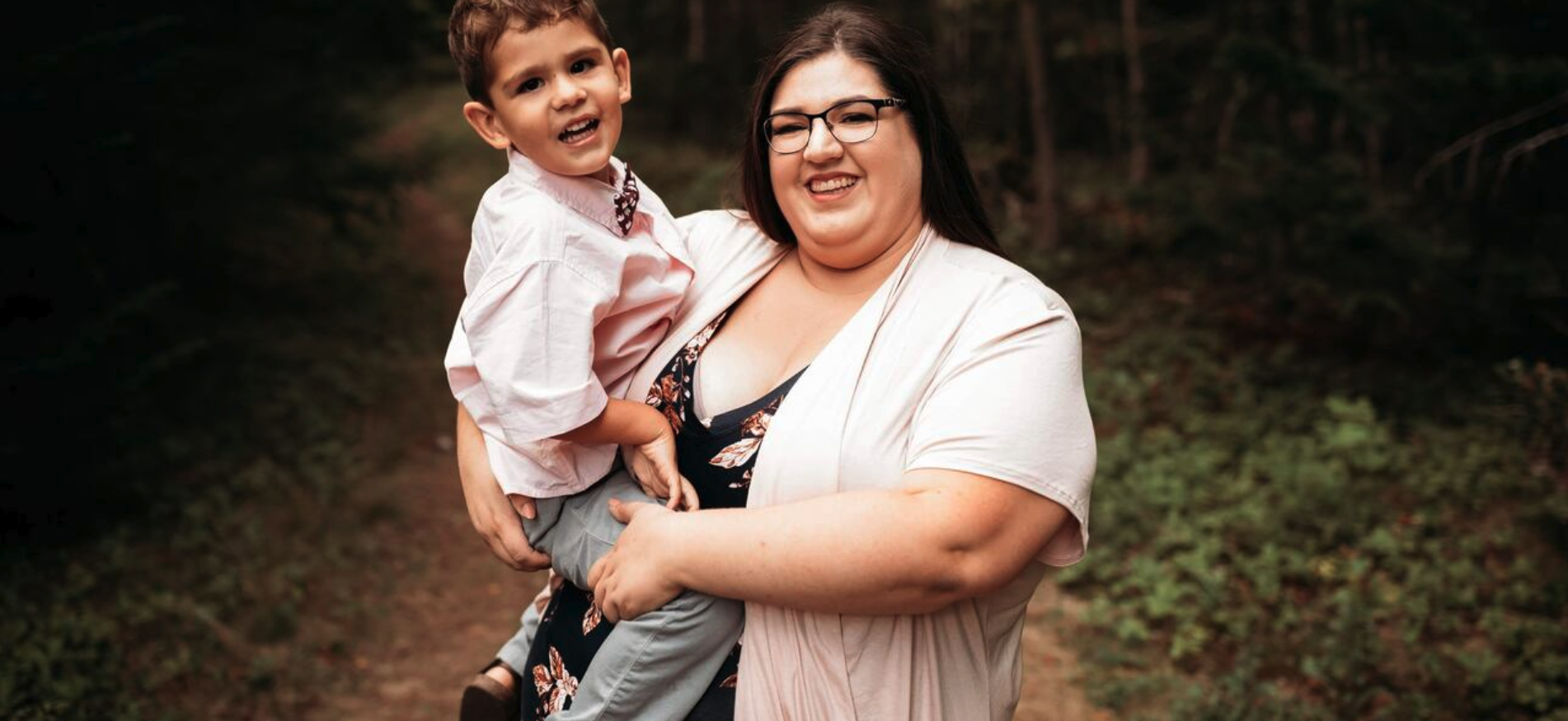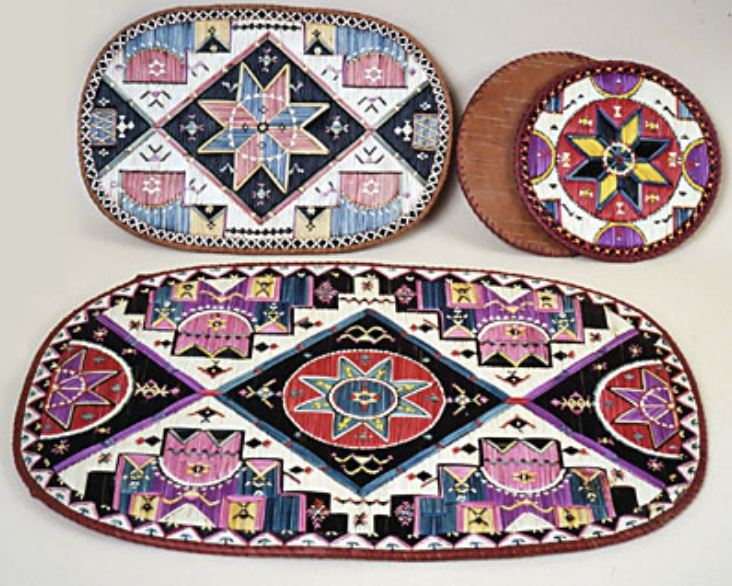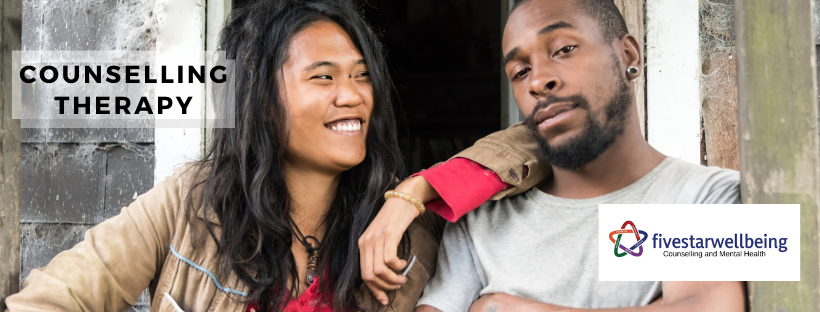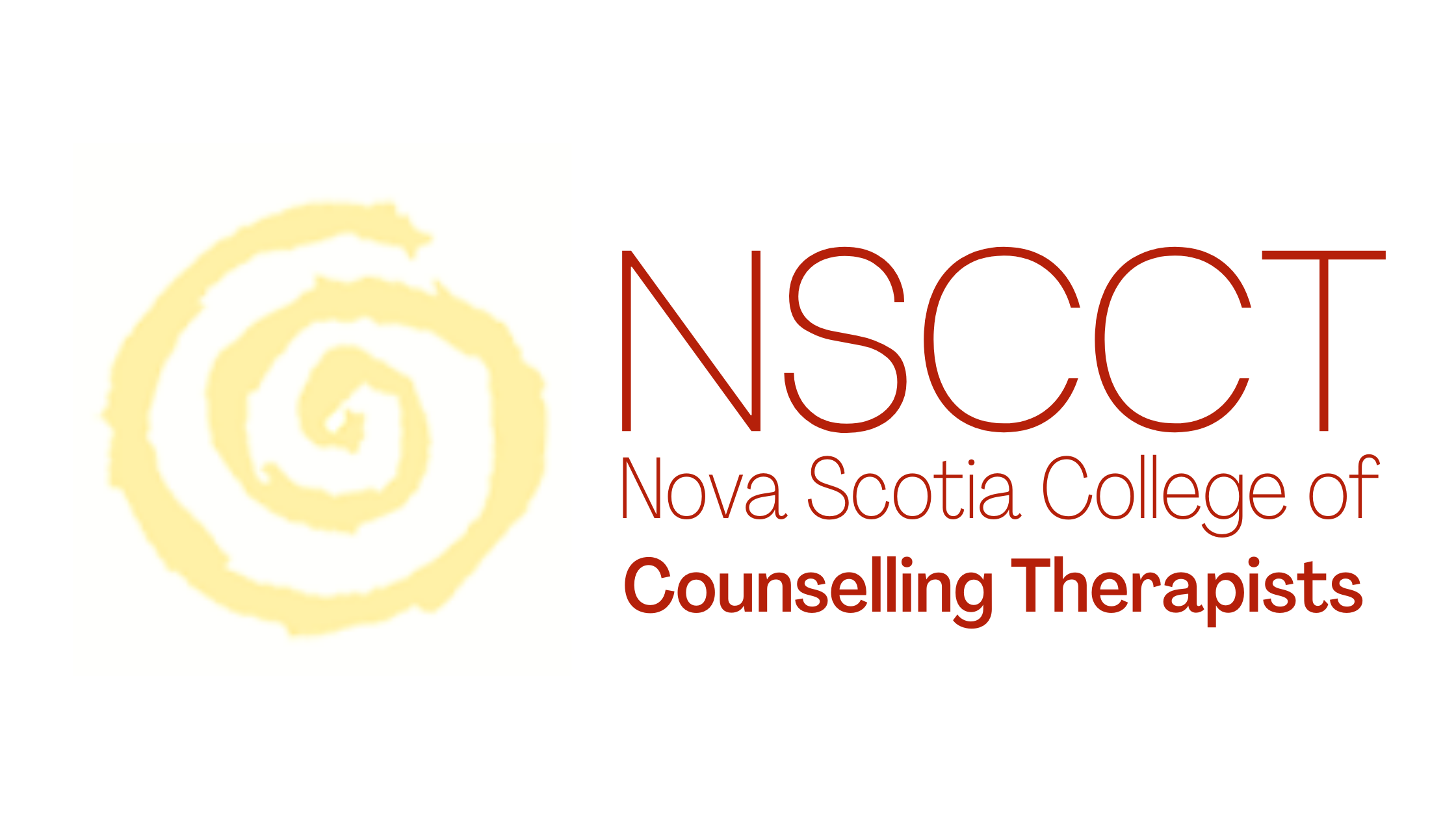A deeper understanding of your cultural past can strengthen your sense of purpose and your identity.
Growing up as a Mi'kmaw person, Alisha Knockwood felt disconnected from her culture and even further away from her sense of self. She was taught to keep her head down and not stand out from the crowd. Her classmates would bully her. They made fun of how she looked, behaved, and for the traditions she practiced.
The more people Alisha met, the more she would hide her identity out of fear of what others would say if they learned she was Mi'kmaw.
But when Alisha became a mother, rediscovering her roots as a member of the Abegweit First Nation in P.E.I. gave her a renewed sense of purpose. She began to question what it meant to her, to be a Mi'kmaw mother. Having a son encouraged Alisha to rediscover her sense of identity and culture.

How Culture Shapes Your Identity
Your identity is a critical contributor to your wellbeing, and your cultural heritage plays an important role in your sense of community and belonging.
Storytelling is an important part of family life. Families share stories that enlighten and combine their many experiences into a meaningful whole. Families share their best and worst life experiences passing down a heritage of remembrances from one generation to the next.
Think about a family story. What messages has it given to you about yourself, your family and it's past? This is how culture is formed.
Culture is a set of:
- Beliefs
- Behaviours
- Values
- Norms
- Attitudes
- Knowledge
- Traditions
- Social expectations
These all contribute to how you see yourself, express yourself, your identity and give you a sense of purpose.
Mi'kmaw porcupine quill/birchbark dinner mats. Source: Nova Scotia Archives
How Culture Give You Purpose
Family stories weaves together a family's past. They communicate beliefs, values, and important life lessons and can also help you understand your place in the world. It can help you anticipate and plan for how you will deal with the future.
In gaining a deeper understanding of her people and her culture, Alisha freed herself of the shame she once felt, and inspired her to learn more about herself.
Purpose wellbeing is about exploring what gives you a deeper sense of meaning in life. Activities, people, and traditions contribute to gratitude and fulfillment. A stronger sense of cultural identity can help you maintain and develop healthy social relationships, community bonds and lasting mental health.
Depending on your family, you may be more or less familiar with your own history and cultural heritage. But learning about you own culture, and understanding more about your past can play a vital role in helping you feel safe, secure, grounded and mentally strong.
This week, learn something about your cultural heritage. Talk to an older family member, or do a search to learn something about your family or your cultural past.
Take good care,
Derrick
Wellbeing Assessment
Our Services
Our mindfulness-based approach to counselling therapy focuses on promoting your wellbeing and mental health so you can enjoy life more fully.
When you improve employee wellbeing and mental health, you improve the lives of your employees, boost morale and your bottom line.
About the Author:
Derrick McEachern is a Registered Counselling Therapist (RCT) in Nova Scotia, and a Canadian Certified Counsellor. He specializes in providing mindfulness-based cognitive therapy in the areas of addiction, healthy relationships, grief and loss, and career and life transitions. He offers workshops and webinars and consults with businesses on ways to improve employee wellbeing and mental health.
Derrick McEachern, M.Ed., RCT, CCC
Counselling Therapist, Owner
Five Star Wellbeing Counselling and Mental Health
tel: 902 698 1194
[email protected]
https://fivestarwellbeing.com









